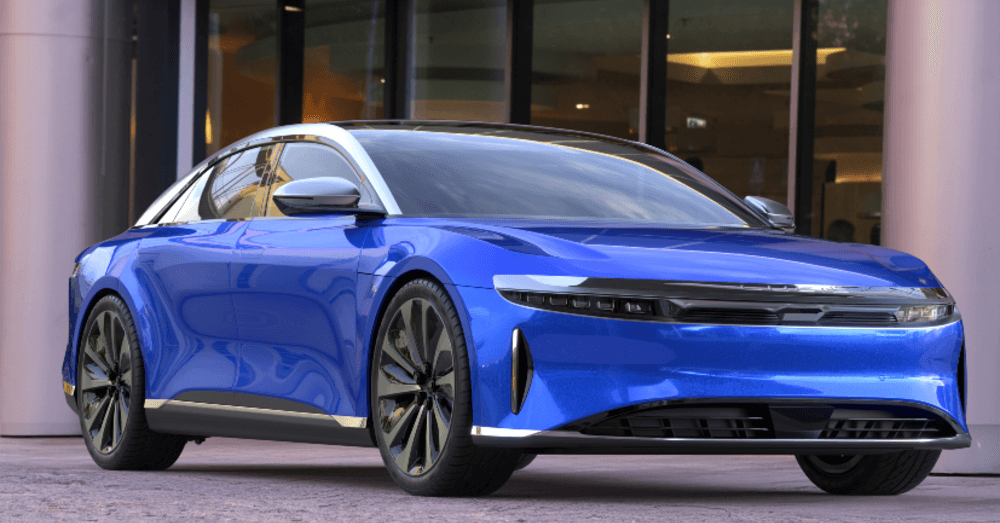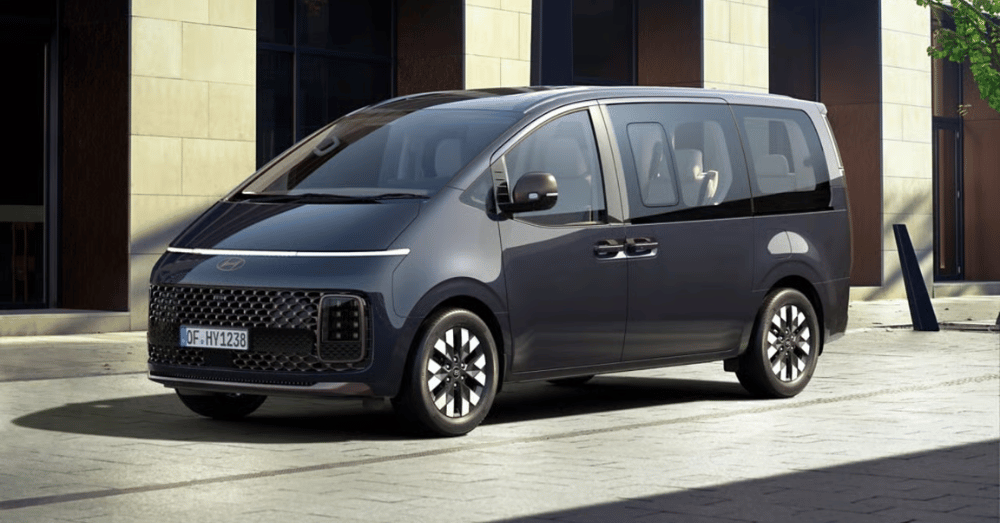The Impact of Quantum Computing on Autonomous Driving

The advent of quantum computing has the potential to revolutionize the way autonomous vehicles operate. For automakers like Mercedes-Benz, which has long been at the forefront of the industry, integrating quantum computing into autonomous driving systems could take their self-driving technology to new levels. While you might not see a fully quantum-powered self-driving Mercedes car on the roads just yet, it may not be long before you do.
Why Quantum Computing Matters for Autonomous Driving
Autonomous vehicles rely on immense computational power to make real-time decisions. These decisions involve processing data from numerous sensors, interpreting it accurately, and reacting instantly. Current systems use advanced algorithms on classical computers, but these can struggle with the complexity of certain tasks, such as navigating dense urban environments or predicting the movements of multiple vehicles.
Quantum computing, with its ability to process vast amounts of information simultaneously, offers a solution. Unlike traditional computers, which perform calculations sequentially, quantum systems utilize quantum bits (qubits) to explore multiple outcomes at once. This capability could significantly enhance the performance of autonomous driving systems, enabling faster, more accurate responses to complex driving scenarios.
Solving Real-Time Decision-Making Challenges
One of the biggest hurdles for autonomous vehicles is real-time decision-making. For a self-driving Mercedes car to function seamlessly, it must process data from cameras, radar, LIDAR, and other sensors while predicting the behavior of pedestrians, cyclists, and other vehicles, all within milliseconds.
Quantum computing could supercharge this process by optimizing decision-making algorithms. For example, quantum systems can evaluate countless possible driving scenarios simultaneously, selecting the safest and most efficient path almost instantaneously. This level of computation could reduce the risk of accidents, even in chaotic or unpredictable driving conditions.
Optimizing Traffic Flow
Another exciting application of quantum computing in autonomous driving is traffic flow optimization. A fleet of self-driving cars, such as those envisioned by Mercedes-Benz, could use quantum-powered algorithms to communicate with each other and adjust routes in real time. This collaboration would minimize traffic congestion, reduce travel times, and improve fuel efficiency for the entire fleet.
For instance, a self-driving Mercedes car could receive quantum-optimized traffic updates, allowing it to avoid bottlenecks and find the fastest route to its destination. This ability to adapt dynamically could also have environmental benefits, as smoother traffic flow leads to lower emissions and energy consumption.
Challenges and Future Prospects
Despite its potential, the integration of quantum computing into autonomous vehicles is still in its early stages. Quantum hardware is complex and currently limited in capacity. However, leading automakers like Mercedes-Benz are partnering with tech giants and quantum research labs to explore practical applications.
The long-term vision is clear: quantum computing could make autonomous vehicles smarter, safer, and more efficient. By combining cutting-edge quantum technology with advancements in AI and machine learning, the dream of seamless autonomous driving is closer than ever.
A Quantum Leap for Mercedes-Benz
While quantum computing remains a work in progress, its potential to transform autonomous driving is undeniable. For a self-driving Mercedes car, the integration of quantum technology could redefine what it means to drive autonomously, offering advanced precision and adaptability. As quantum breakthroughs continue, we may soon witness a future where every turn, stop, and decision is powered by quantum intelligence, ensuring safer and smarter journeys for all.
This post may contain affiliate links. If you buy products through these links, we may receive a commission, at no additional cost to you.






